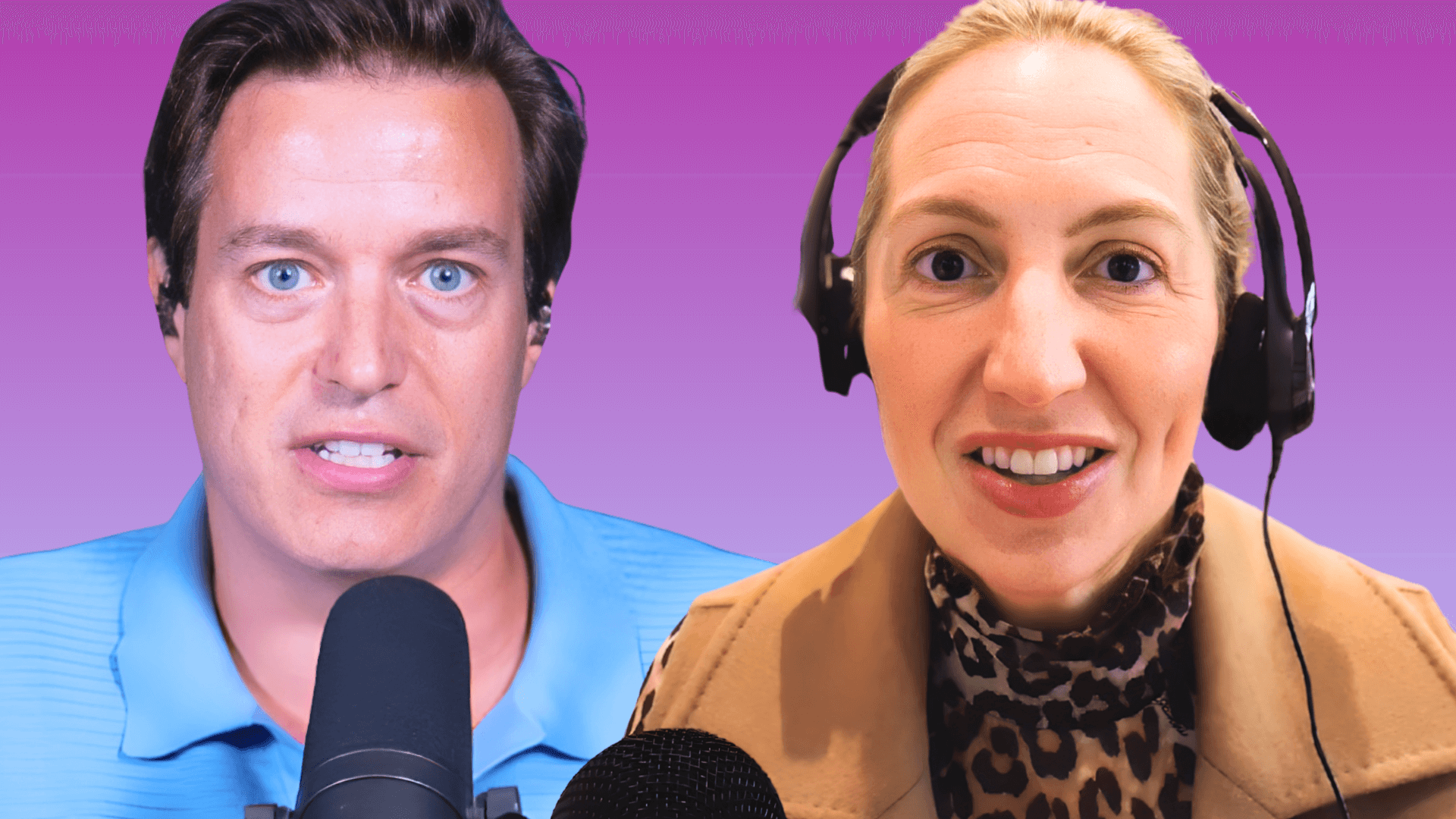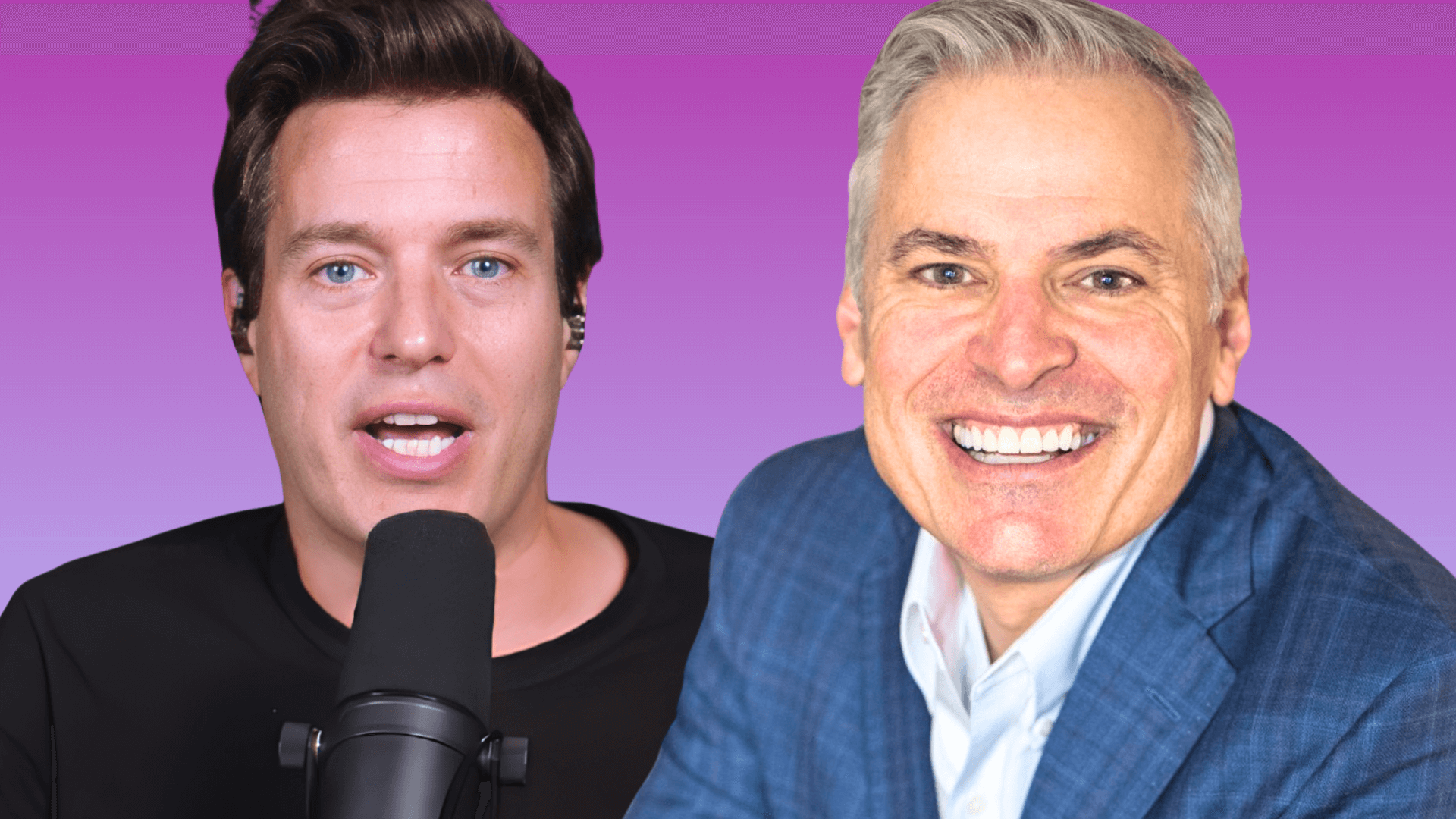“Whatever kind of giving you’re focused on, it starts with asking the question: What do other people need?” – Adam Grant
The Cheat Sheet:
- The different categories of giving value. [08:40]
- How to give to someone you don’t know — the right way. [11:20]
- What are stage gates and how should you use them? [15:30]
- How to avoid social capital suicide. [23:50]
- The power of powerless communication: Abe Lincoln showed us how. [31:50]
- Chunker vs. Sprinkler [42:00]
- And so much more…
The latest buzz in the online marketing and entrepreneurial world is to give value and the profits will come back to you. Is this really true and does it work when it comes to networking and expanding our social circles? Adam Grant has the answer to that question and he’s our guest for episode 311.
Adam is the author of Give and Take: Why Helping Others Drives Our Success and an organization psychologist professor at Wharton School of Business. He was also named by Malcolm Gladwell as one of his favorite social science writers. In this show, Adam and I talk about how to spot takers and protect yourself against them, how to use the five minute favor to expand your social circle in a favorable way and give yourself greater happiness in the process, and lots more!
More About This Show:
Most of us probably believe we’re givers, or at the very least we want to be giving to our social circles. But chances are some of us simply aren’t giving. Adam Grant helps us rectify that in this episode. One of the best ways to be a giver or an even better giver than you are now is to simply ask what others need. If you know what they need, you can find a way to give it to them.
Or you can approach the person you want to give to by sharing what you’re good at and how you can contribute to them. For example, if you are an encyclopedia of research studies, let them know that and tell them they can contact you if they are looking for a particular study or you can help them find a study that supports a concept they’re exploring.
If you’re looking for a way to connect with that person before approaching them, there’s an app called Refresh, which will gather all their social media information and collect it in one place for you. You can look for things or people or connections you have in common and use them as talking points to establish common ground. Once you’ve connected and have bonded, you can go deeper into the relationship to find out what their greatest needs are and how you can fulfill those needs.
And if one of those needs you fulfill involves introducing another person, Adam and I discuss the proper steps to doing so with a double opt-in introduction. The double opt-in helps you avoid the embarrassment of introducing two people who already know each other or two people who actually can’t help each other for reasons you aren’t aware of.
Though we discuss many more powerful topics, one of the last I want to highlight here is powerless communication. This is the art and craft of giving some of the power in a connection to the other person, thereby showing you are willing to give for the greater good and you aren’t there simply to take advantage of the situation. Adam shares how Abraham Lincoln used this technique so effectively.
There’s plenty more content Adam and I discuss in this show. He was a great guest with loads of concrete giving tips for better networking and a better life. I enjoyed having him with us; I hope you dig this episode, too. Thanks for listening and we’ll see you next time.
THANKS, ADAM!
Resources from This Episode:
You’ll Also Like:
- The Art of Charm Bootcamps
- Best of The Art of Charm Podcast
- The Art of Charm Toolbox
- The Art of Charm Toolbox for Women
On your phone? Click here to write us a well-deserved iTunes review and help us outrank the riffraff!




